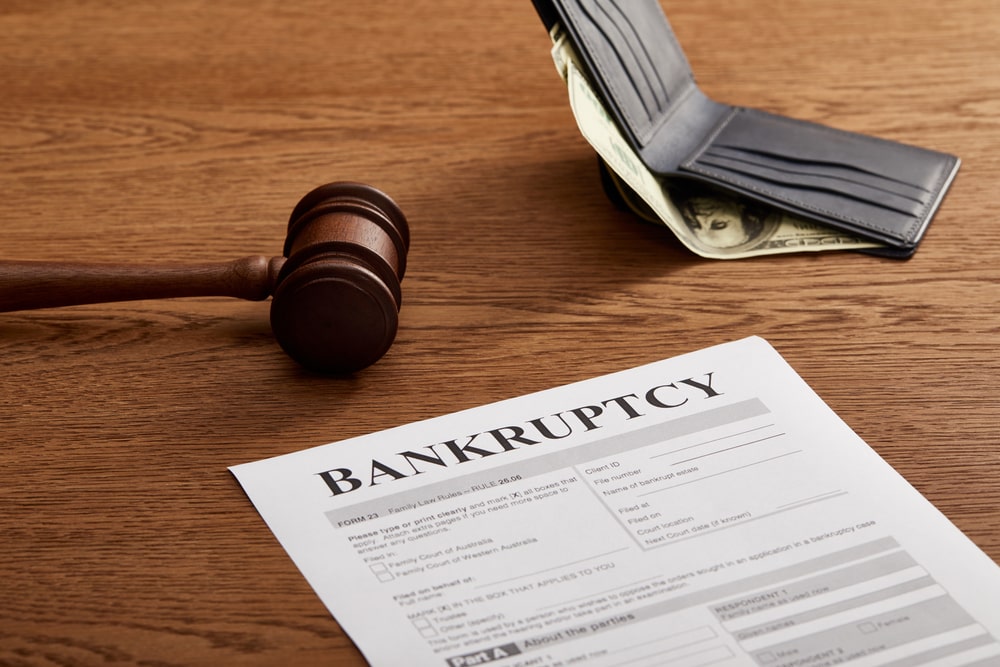For people considering bankruptcy, one of the most common concerns is how long it will stay on their record. While bankruptcy can help resolve serious financial problems, many worry about the impact it might have on their credit and future opportunities. Knowing how long bankruptcy remains on your credit report—and what that means for your financial future—can help you make informed decisions.
Bankruptcy Records
The length of time bankruptcy stays on your credit report depends on the type of bankruptcy you file. In most cases, people file under either Chapter 7 or Chapter 13. A Chapter 7 bankruptcy, which discharges most unsecured debts, stays on your credit report for 10 years from the date of filing. Chapter 13, which involves a repayment plan over three to five years, remains on your report for seven years from the date of filing.
While the bankruptcy itself remains on the report for several years, its impact lessens over time. Lenders, landlords, and even employers may see the bankruptcy if they run a credit check, but many also consider how you’ve handled your finances since the filing. That means if you pay bills on time, reduce your debt, and build savings, you can start rebuilding credit even while the bankruptcy is still on your report.
Not All Debts Are Affected The Same Way
It’s also worth noting that not all debts are affected the same way. Discharged debts are usually marked as such and show a zero balance. That can help clean up your report in the long run, even if the bankruptcy filing itself is still listed. Over time, positive activity—like making payments on new credit accounts or secured cards—can start to outweigh the impact of the bankruptcy.
Credit
People are often surprised to learn that they can qualify for certain types of credit well before the bankruptcy drops off their report. For example, some may be approved for secured credit cards or car loans within a year or two after filing. Mortgage lenders may consider applications after two to four years, depending on the loan type and whether the bankruptcy was Chapter 7 or Chapter 13.
That said, it’s important to be cautious. Taking on new credit too quickly—or without a clear repayment plan—can lead to more financial trouble. We recommend using the time after bankruptcy to build good financial habits, review your credit reports regularly, and consider steps like setting up automatic payments or working with a financial advisor.
Help From Our Firm
If you’re dealing with overwhelming debt and wondering how long bankruptcy might affect your future, it helps to have accurate information. A Dallas, TX bankruptcy lawyer can explain your options, review your financial picture, and help you decide if bankruptcy makes sense in your situation. Attorneys like those at Leinart Law Firm can also guide you through the process and provide the tools you need to move forward.
If you’re ready to take control of your finances and want to learn more about how bankruptcy could impact your credit and long-term goals, reach out to us. We’re here to help you make a fresh start with confidence.


